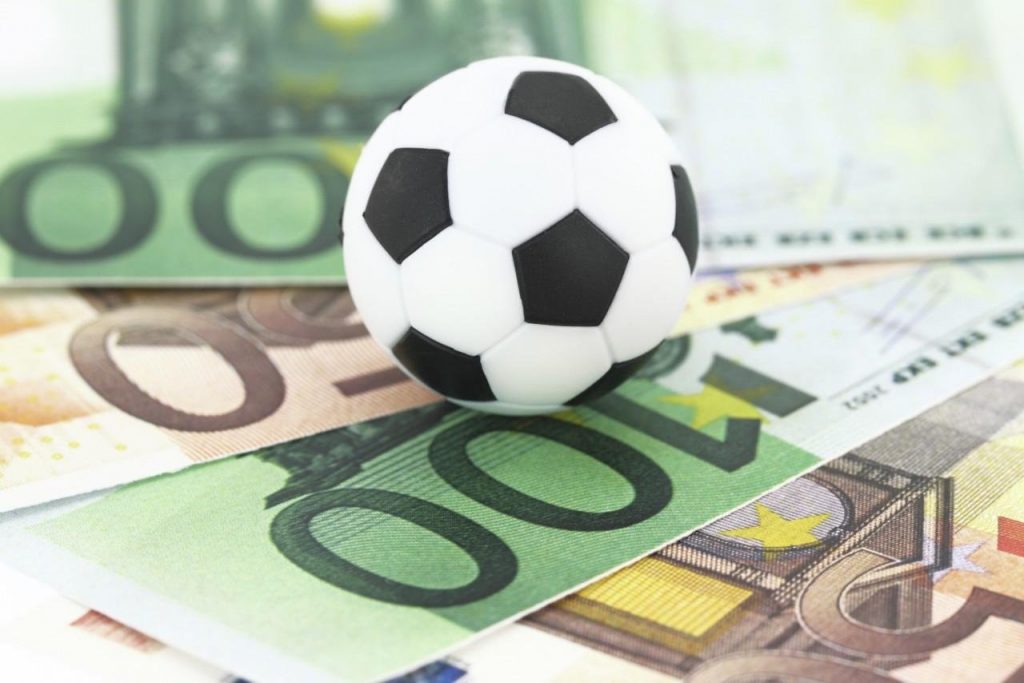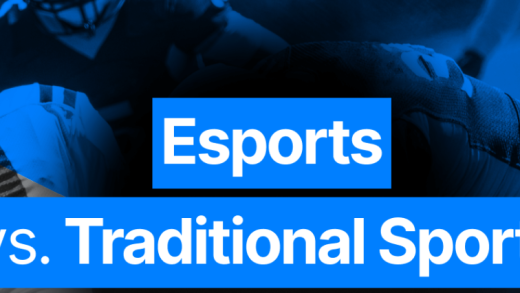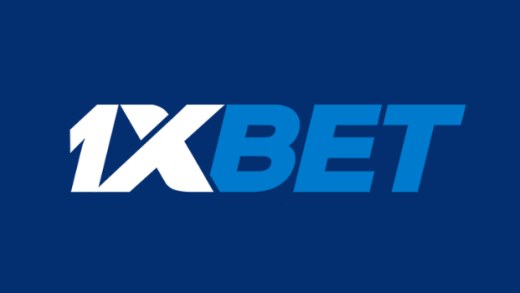
The principle of operation of betting companies does not inspire anyone to think. Bettors believe that the functions of the bookmaker are clear: to correctly place the odds and row profits with a shovel. But it is not.
Each bookmaker’s office aims to be more attractive to the client than competitors. The bookmaker must also work within the framework of the current legislation and be able to pay the money won to the bettor.
Online and offline betting shops
Bookmaker is a logical abbreviation for bookmaker. A bookmaker is an organization that accepts bets on sports. Bookmakers hire analysts who evaluate the chances of a particular outcome in a sporting event and set the appropriate quotes.
Players (clients) make a bet. If the bet is successful, the bookmaker pays out the winnings calculated according to the quote. If lost, the player loses the amount of the bet. Bookmakers can be divided into two broad categories. These are online and offline bookmakers. A synonym for the latter is a betting shop. Each type of operation has advantages and disadvantages.
Online bookmakers operate on the Internet. The main plus is convenience, because the player does not need to go anywhere, but turn on the computer or go to the desired application, which almost every bookmaker has. More often, quotes from online bookmakers are higher than in offline establishments.
This dictates the level of competition on the Internet: bettors create accounts not in one, but in several betting shops. And if another bookmaker offers a higher odds, then the client will go to the competitor’s website (or application).
Betting shops
Offline betting shops also have advantages. Here the bettor will be met by a live person, an employee of the office. If the bet is calculated incorrectly, or if there are other kinds of difficulties, you can ask the administrator for clarification, and not write complaints to different departments of the bookmaker. On the Internet, bookmakers often block a bettor’s account or cut odds. Also in the office, the risk of making rash decisions is lower.
To place a bet online, you do not need to get up from the couch – to place a bet, just click on the desired quote. If you make a bet in the bookmaker’s office, there is time to carefully consider the bet. And, perhaps, change the decision to a more rational one.
And, finally, for many, one of the main advantages of ground-based teaching staff is their traditionalism. Conservative bettors like to get together and follow the progress of a sporting event while their bets are playing.
How the bookmaker works
Each bookmaker works on a mathematical model that calculates the quotes needed to make a profit. The bookmaker seeks to receive income for any outcome of the event. The task of the bookmaker is to draw up a line of events for betting by bettors. The range of quoted quotes includes dozens and even thousands of different outcomes. It depends on the scale of the bookmaker.
There can be multiple outcomes in a sporting event depending on the sport, match status and other factors. Quotes are basic and additional. In the most popular sport – football – the main bets include the outcome of the match (victory of one of the participants, a draw), totals, odds. Additional – statistical indicators (the number of corners, offsides, yellow cards); goals scored by certain players; outcomes that will or will not happen in a particular segment of the match, etc.
How bookmakers make money

The main principle of the bookmaker’s work is to make a financial profit. The more players bet, the higher the bookmaker’s income. To this end, offices:
- attract new users;
- distribute referral links through partners on the Internet;
- create conditions that attract new and old customers: bonuses, promotions, increased betting limits, etc.;
- strive to keep losing bettors, because these clients bring the bookmaker the most profit;
- cunningly fight with successful players, gently “push” them to other sites.
The bookmaker’s office earns both from the money lost by the bettors and from the winnings. This paradoxical situation is explained by the fact that each bet includes a percentage that the bookmaker takes as profit – margin. The bookmaker has analytical departments, where betting professionals work. They are involved in tracking events in tournaments, and based on knowledge and experience, they estimate the likelihood of outcomes. Then the margin is subtracted from this coefficient.




